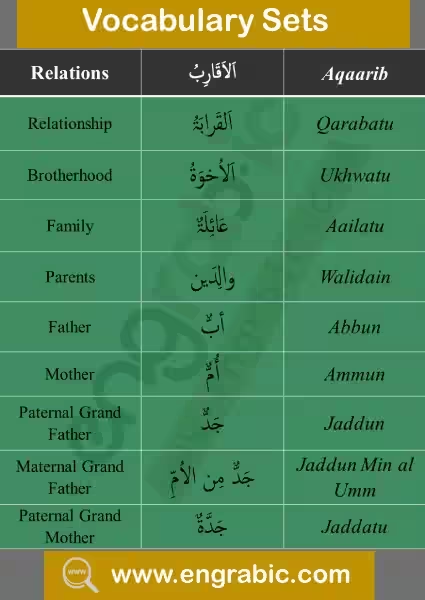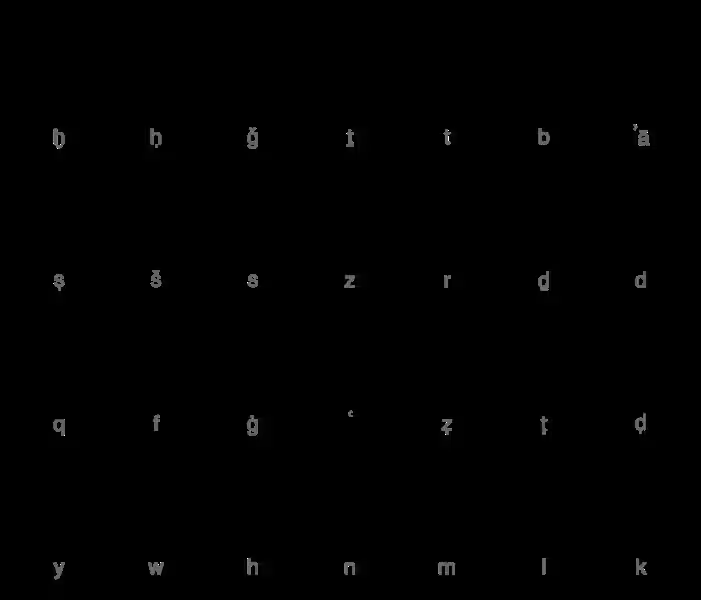
Arabic, a language steeped in history and culture, boasts a rich linguistic tapestry woven with words of profound meaning and lyrical beauty. This article delves into a diverse array of Arabic words, exploring their cultural significance and the nuances hidden within their meanings. We will uncover the beauty, power, and unique expressions of this captivating language.
Exploring the Essence of Beauty and Love
Arabic is renowned for its ability to express profound emotions with exquisite precision. Words like jamāl (جمال), meaning beauty, resonate with their evocative power, evoking images of grace and elegance. The word itself is deeply intertwined with the cultural appreciation for aesthetics, often found in poetry, art, and architecture. This refined understanding of beauty transcends simple aesthetics and reflects a holistic view of the world.
Similarly, ḥubb (حب), denoting love, is far more than a simple emotion. It embodies profound affection, loyalty, and devotion. In Arabic culture, love is often viewed as a powerful force shaping relationships and societal structures. This concept of love is intricately woven into the fabric of Arab traditions and daily life. Such words, though seemingly simple, encapsulate a wealth of cultural meaning and emotional depth.
Navigating the Realm of Profound Meaning
Beyond beauty and love, Arabic harbors words that delve into the depths of human experience. Qadar (قدر), meaning destiny, is more than just a concept; it’s a profound acknowledgement of a higher power and the acceptance of life’s inevitable events. It reflects the acceptance of the predetermined path and the recognition of a divine plan.
Ṣabr (صبر), patience, represents a core virtue, a testament to resilience and composure in the face of adversity. It’s not simply the ability to endure; it’s a proactive choice to navigate challenges with dignity and grace. This concept is deeply embedded in Arab culture, reflecting a profound understanding of life’s trials and tribulations. These words aren’t just translations; they are fundamental aspects of the cultural worldview.
Embracing Kindness and Generosity
The richness of the Arabic language extends to expressions of kindness and generosity, pivotal aspects of Arab hospitality. Laṭīf (لطيف), kind, embodies gentle understanding and thoughtful consideration. This word encapsulates the warmth and approachability characteristic of Arab interactions.
Karīm (كريم), generous, goes beyond mere giving; it signifies a spirit of abundance and magnanimity. Arab cultures place a high value on generosity, viewing it as a vital component of social harmony and community bonds. These words are crucial for navigating social interactions and understanding the cultural fabric of the region.
Unveiling Strength and Determination
The Arabic language also possesses words expressing the strength, determination, and resilience of its people. ʿAzīma (عزيمة), determination, reflects unwavering resolve and commitment. It embodies the drive to overcome obstacles and achieve goals, a crucial aspect of Arab character.
Words like naṣr (نصر), victory, and quwwa (قوة), strength, are not just descriptive terms; they evoke feelings of triumph, resilience, and the power of unity in the face of challenges. These words, deeply rooted in history, embody the spirit of courage and triumph.
The Sacred Language of the Quran
A special category of Arabic words are those found within the Quran, the holy book of Islam. Raḥmān (الرحمن), The Most Gracious, and Raḥīm (الرحيم), The Most Merciful, are not just descriptive terms; they are foundational to Islamic faith. These words encapsulate the divine attributes of compassion and mercy.
These words hold deep spiritual and moral significance, guiding believers in their daily lives and shaping their understanding of the divine. Their beauty and profound meanings resonate with those seeking solace and wisdom.
Unique Arabic Words: A Window into Culture
The Arabic language is rich with unique expressions that capture cultural nuances difficult to translate directly. Tarraffuʿ (ترفُّع), elevated demeanor, for example, portrays a sophisticated understanding of social graces and refined conduct.
Murūʾa (مروءة), chivalry, represents a code of honor, courage, and compassion. It underscores the profound values upheld and cherished in Arab societies. These words demonstrate the intricate layers of meaning that lie beyond simple translations.
Endearing Expressions of Affection
Intimate relationships are also beautifully expressed within the Arabic language. Ḥabībi (حبيبي), my beloved, and nūr ʿayni (نور عيني), light of my eye, are endearing expressions conveying the warmth and closeness of personal relationships.
These words are not just terms of endearment; they reflect the profound emotion and affection felt within families and close relationships. The language reveals the intimate nature of human connection.
Learning Arabic: A Pathway to Understanding
The beauty and depth of the Arabic language are a gateway to understanding Arab culture. For those seeking to delve deeper into this captivating language, various learning platforms, such as online courses, provide a structured approach. These platforms offer a rich resource for acquiring language skills, immersing oneself in the nuances of the language, and exploring the rich culture that lies behind it. Learning unique Arabic words like these enhances not only language abilities but also cultural understanding.
This exploration into the unique Arabic words with meaning has only scratched the surface of this magnificent language. Through these words, we glimpse the cultural values, spiritual beliefs, and intimate expressions that enrich the Arab world. Embark on a journey of discovery, and unlock the secrets of this captivating language.
Frequently Asked Questions about Unique Arabic Words
What are some unique Arabic words, and what do they mean?
Arabic boasts a wealth of words that convey nuanced cultural meanings often difficult to capture in direct translations. Examples include:
- Tarraffuʿ (تَرَفّع): This word signifies an elevated demeanor, often encompassing politeness, grace, and a subtle form of self-respect. It goes beyond simple “good manners” and suggests a cultivated and refined way of interacting.
- Murūʾa (مروءة): This term represents chivalry, honor, and courage. It encapsulates a code of conduct emphasizing righteousness, generosity, and protecting the vulnerable. It’s a deeply ingrained value in Arab culture.
- Ghazal (غزل): While often translated as “love poetry,” Ghazal represents a distinct poetic form, often expressing passionate emotions and admiration. It carries a specific aesthetic and cultural connotation within Arabic literature.
- Tawakkul (توكل): This word embodies a profound concept of reliance on God’s will. It signifies trust in God’s plan and acceptance of events, both good and bad, as part of a divinely orchestrated destiny.
How do these unique words reflect Arabic culture?
These unique Arabic terms encapsulate core values and cultural nuances that might not be as readily apparent in other languages. Words like murūʾa highlight the importance of honor and integrity in social interactions. Tarraffuʿ reflects a refined and sophisticated approach to social etiquette. By understanding these words, we gain a deeper insight into the cultural values and worldview of those who speak Arabic.
Are there any examples of beautiful Arabic words beyond the purely unique?
Absolutely. Many Arabic words, while not unique in their single-word concept, possess a beauty and depth of meaning that resonate culturally. Words like Jamāl (beauty), ḥubb (love), and salām (peace) encapsulate profound meanings and convey a lyrical quality unique to Arabic. These words aren’t simply translations; they are culturally resonant expressions that evoke specific emotions and ideas.
How can I learn more Arabic words and expressions?
Immerse yourself in Arabic culture through various avenues, including:
- Reading: Start with simple Arabic texts and gradually increase complexity.
- Listening: Engage with Arabic music, podcasts, and movies.
- Speaking: Practice with native speakers or language partners.
- Utilizing online resources: Many platforms offer Arabic lessons and vocabulary lists.
- Focusing on cultural context: Understanding the context behind words can enrich their meaning and usage.
Where can I find more information about Arabic etymology and cultural significance?
Academic resources, cultural centers, and reputable online encyclopedias on Arabic language and culture provide in-depth information on etymology and cultural context.
What are some popular Arabic terms used in everyday conversation?
While many unique words are used in more formal contexts, many terms are frequently used in everyday conversations, including words of greeting, expressions of politeness, and expressions of affection. Exploring these everyday words can be a great starting point for learning more about the language.








